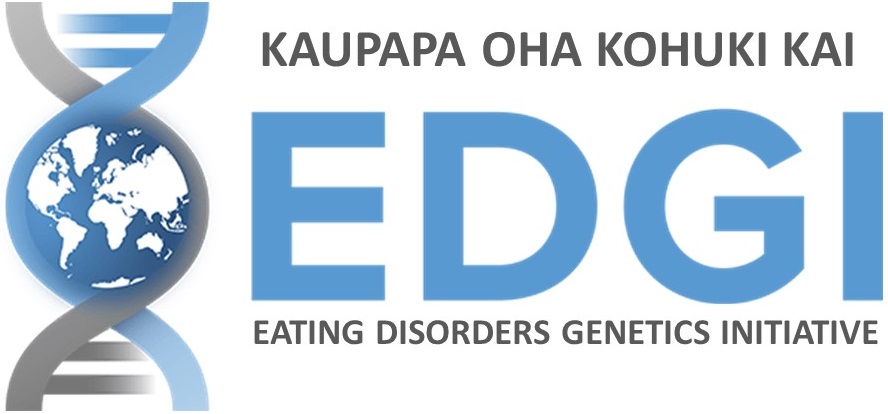How will we investigate the genetics of eating disorders?
Finding genetic variants
Study researchers will analyse DNA from saliva samples to pin point specific genes associated with eating disorders.
Before analysis can begin, DNA is extracted from the saliva sample and genotyped to provide a read out of each participant’s genetic code.
The analysis process, known as a ‘genome-wide association study’ (GWAS), involves comparing the genotypes of people who have experienced eating disorders with the genotype of those who are yet to experience an eating disorder.
Looking for patterns
The study will allow researchers to identify genetic factors that determine why some people experience eating disorders, while others do not, and why some people living with eating disorders respond to certain treatments, while others do not.
Various studies to date have explored an individual’s genetic predisposition to eating disorders. However, only a handful of the specific predisposing genes have been identified, and there are many more to be found.
Comparing the saliva samples of EDGI participants to samples collected for other disorders, will also help us to understand the common conditions co-occurring with eating disorders, including depression, anxiety, obsessive-compulsive disorder, substance abuse disorders and personality disorders.

